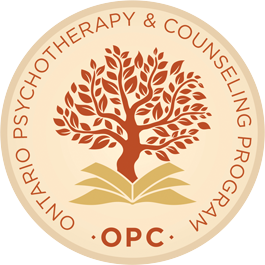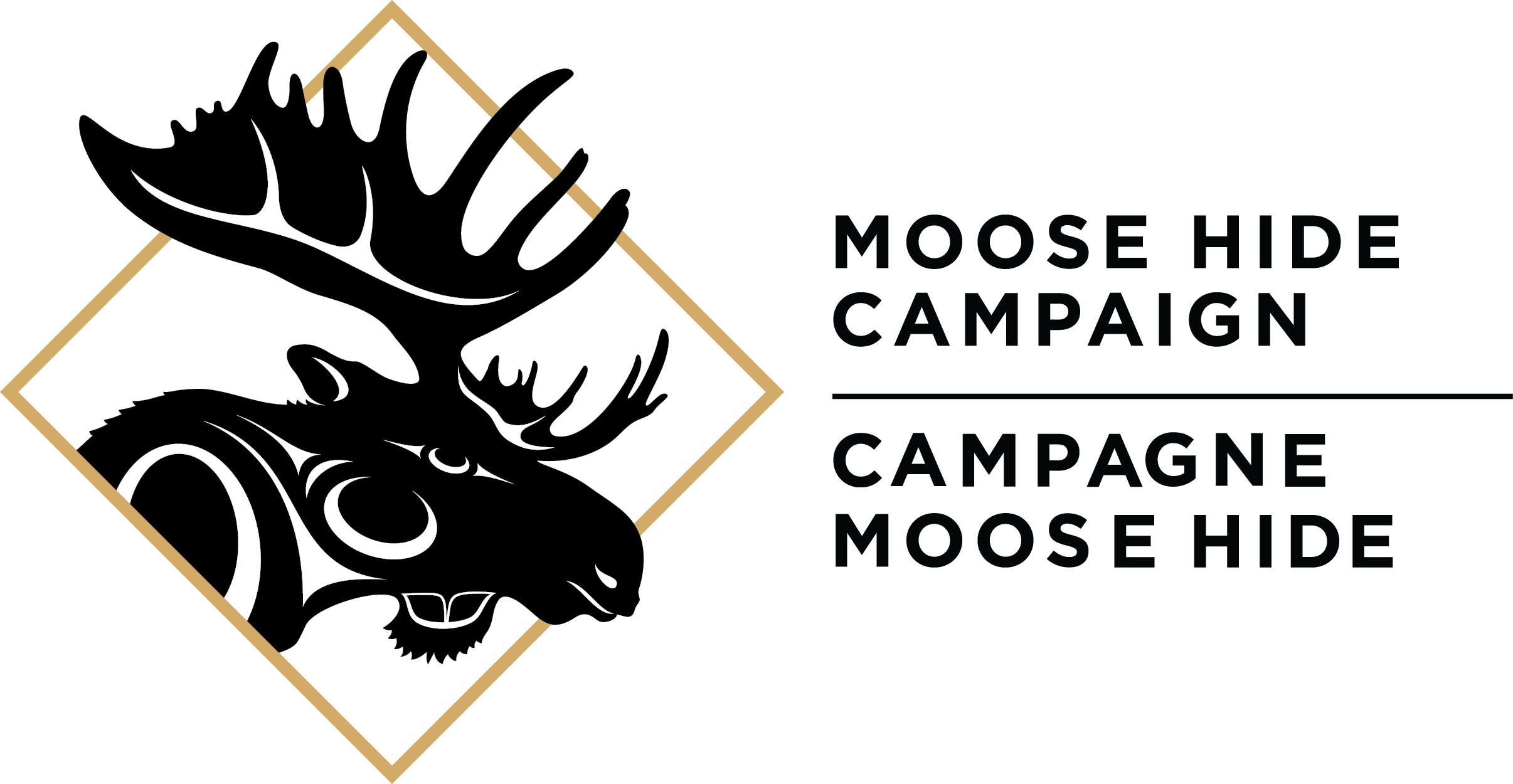Member Resources
Our curated resource library is designed to support you with tools, insights, and information to enhance your practice. We’re always looking for valuable additions—if you have a resource you’d recommend, we’d love to hear from you!
Mental Health Resources The resources provided on this page are intended to offer support and information to help you in your personal or professional journey. Please note that these resources have not been formally vetted or approved by the OAMHP. We encourage you to use your own discretion when exploring and utilizing these materials. We welcome your suggestions for additional resources to share.
Please email your suggestions to: communications@oamhp.ca
Key Dates & Obligations
Staying on top of membership renewals and regulatory deadlines is essential to maintaining your professional standing and insurance coverage. Below is a summary of important dates related to OAMHP membership, professional liability insurance, and regulatory college obligations.


National Centre for Truth and Reconciliation: A hub for information, documents, and archives about Canada’s residential school history and the ongoing journey towards reconciliation.
Government of Ontario National Day for Truth and Reconciliation: Official resources and links to events commemorating the National Day for Truth and Reconciliation.
City of Toronto: Contains wide variety of resources for education, participation, and donation.
Gord Downie & Chanie Wenjack Foundation: This organization works to build cultural understanding and helps movement toward reconciliation between Indigenous and non-Indigenous peoples.
Orange Shirt Society: Commemorating the residential school experience, witnessing and honouring the healing journey of the survivors and their families.
Charity Village Resources Supporting Settlers’ Understanding of Reconciliation: This is a well curated, multi-media resource list – including toolkits and free online courses – to help better understand the deep history and context of Truth & Reconciliation.
Whose Land: This website helps in identifying Indigenous Nations, territories, and Indigenous communities across Canada. It can be used for learning about the territory your home or business is situated on, finding information for a land acknowledgement, and learning about the treaties and agreements signed across Canada.
CLEO Connect: This is a collection of resources (events, organizations, legal information, etc) supporting and advancing the rights of First Nations, Inuit, and Métis peoples.
About Land Acknowledgements
Awakenings –We Were Always Here: a short film by Jonathan Elliott, 2020. A documentary that traces how Indigenous lives and histories have shaped the foundations of Toronto, while asking what meaningful acknowledgment looks like in a time of reconciliation.
Volunteer Toronto’s Land Acknowledgement: focus on community building
Mental Health Resources & Supports
San'yas Indigenous Cultural Safety Online Training: This program is designed to uproot anti-Indigenous racism and promote cultural safety in service settings across Canada. Grounded in a deep understanding of colonial history and Indigenous rights, the program supports respectful, equitable relationships between Indigenous and non-Indigenous peoples and provides essential tools for individuals and organizations seeking to engage in reconciliation.
Indian Residential School Survivors Society: provincial organization that provides essential services to residential school survivors and families experiencing intergenerational trauma.
Toronto Council Fire Native Cultural Centre: Providing counselling, material assistance, and essential services to empower Indigenous community.
Hope For Wellness Helpline: Culturally competent counsellors are available to all Indigenous people across Canada. Telephone and online ‘chat’ 24 hours a day, 7 days a week.
Anishnawbe Health Toronto: Mental health care based on Indigenous culture and traditions.
Beendigen /Talk to Heal: Provides support services to abused women and their families in Thunder Bay. Also hosts provincial crisis line, Talk to Heal.

Older Adult Mental Health and Well-being - Mental Health Commission of Canada: Offers evidence-based tools, research, and initiatives to support the mental health and well-being of older adults, with a focus on aging in place and community-based care.
Recognizing and Treating Depression in Older Adults | Sixty and Me: A practical, reader-friendly article that helps identify signs of depression in older adults and explores treatment options, including therapy, medication, and lifestyle changes.
Canadian Coalition for Seniors' Mental Health: A national organization promoting seniors’ mental health through advocacy, clinical guidelines, and education—especially around substance use, depression, and dementia.
Phone Pals - Circle of Care: A volunteer-run phone check-in program offering social connection and regular support to isolated older adults, helping reduce loneliness and enhance well-being.
MHFA Older Adults - Opening Minds - Workplace Mental Health Training: A Mental Health First Aid course tailored for those who work with older adults, focusing on recognizing and responding to mental health crises in this population.

Refer to the CRPO Quality Assurance Program FAQ page to find specific and accurate answers to your questions.
- Practice Questions (surveymonkey link)
- Professional Practice Standards (Web Version)
- Professional Practice Standards (PDF)
- Jurisprudence e-Learning Manual (Web Version)
- Jurisprudence e-Learning Manual (PDF)
- CBA Instructional Video
- CBA Printable Guide (PDF)
The following are links that are related to practice standards. These are handouts that the CRPO has created to help with practice standards in practice:
- Clinical Records Checklist
- Financial Records Checklist
- Informed Consent Checklist
- Advertising and Self-Representation Checklist
- Guideline: Disclosing Information to Prevent Harm
- Sexual Contact with Former Clients within 5-Years Post Termination of Care Policy
- Guideline: Sexual Contact with Former Clients beyond Five Years Post Termination of Care
- Mandatory Reporting Obligations for Registered Psychotherapists
- Clinical Supervision Records Checklist
- Security Practices Checklist
- Selecting a Communications Platform Checklist


A mental health professional directory serves as a public database of licensed therapists, psychologists, and counselors, providing detailed profiles that outline their qualifications, specialties, and contact information. Directories are not the same as regulatory colleges' public registers; rather, professional directories are designed to help individuals find mental health professionals and access their services.
Since the pandemic, the shift to offering (and delivering) mental health services online has increased exponentially, as has the number of online platforms and aggregators providing an interface between service providers and service consumers.
However, not all directories are created equally and it may be difficult to decide where to invest your time (and money) when deciding which platforms to use. To help you, we have compiled a list of various directories that you may wish to consider. This list is not comprehensive; however, it is based on our research as well as feedback from you, our members.
We invite you to send us feedback on the most important criteria to consider when including directories on this list.
- Which directories do you use?
- How do you use them?
- Are there any you’d recommend (or advise against) to your colleagues?
- Are there specialty directories for specific audiences?
Send your feedback to us at: communications@oamhp.ca
Psychology Today
Find Therapists and Psychologists in Ontario - Psychology Today
Cost: $29.95 USD per month or $299 USD per year. First month free.
Lumino
Lumino Health the Sunlife Insurance “Canada’s all-in-one health hub”.Cost: Free
The Ontario Psychotherapy and Counseling Network
The OPC is both a psychotherapy training program and a Psychotherapist Referral Network.
Referral Directory: Individual is required to submit a referral form.


The Christina Crowe podcast
















